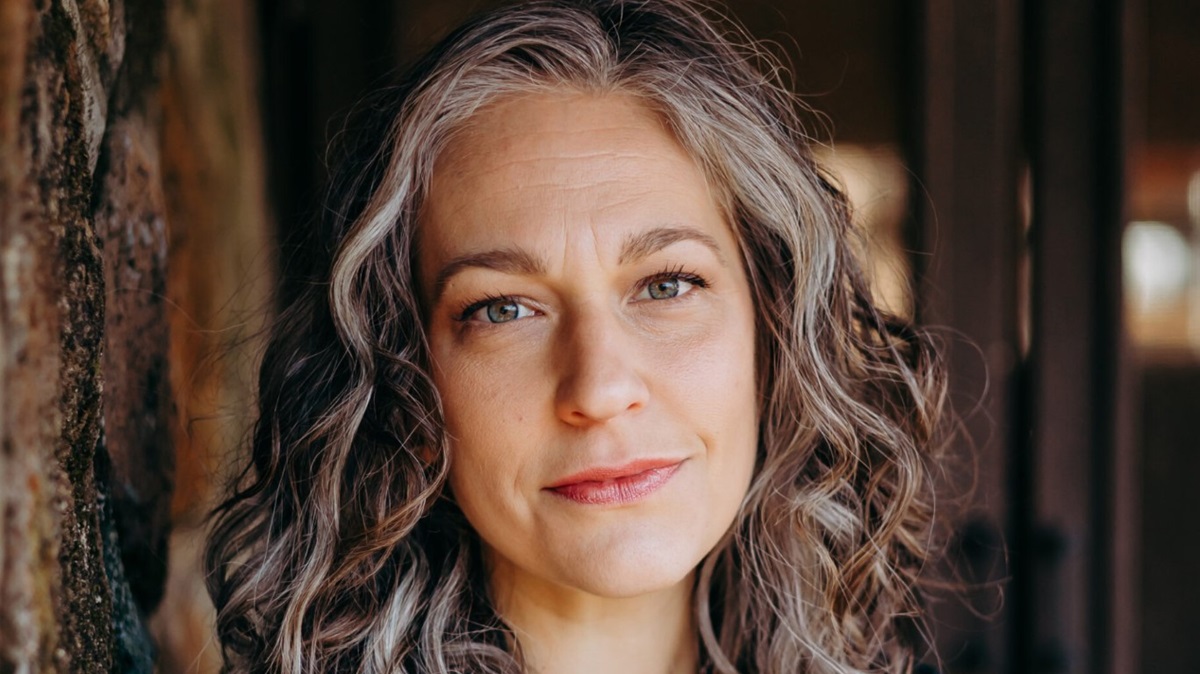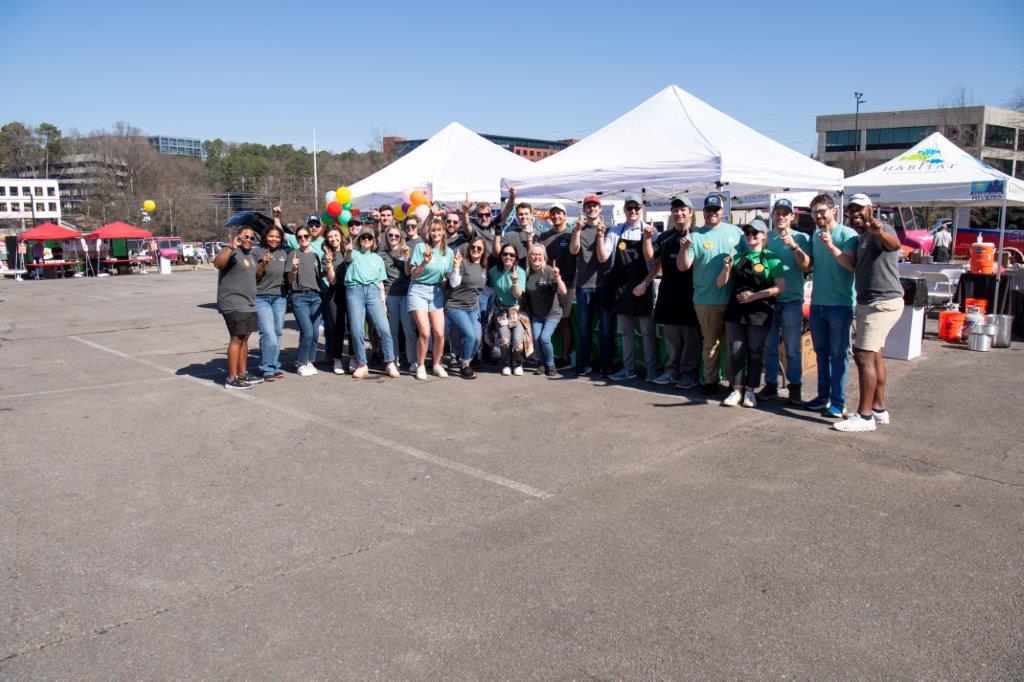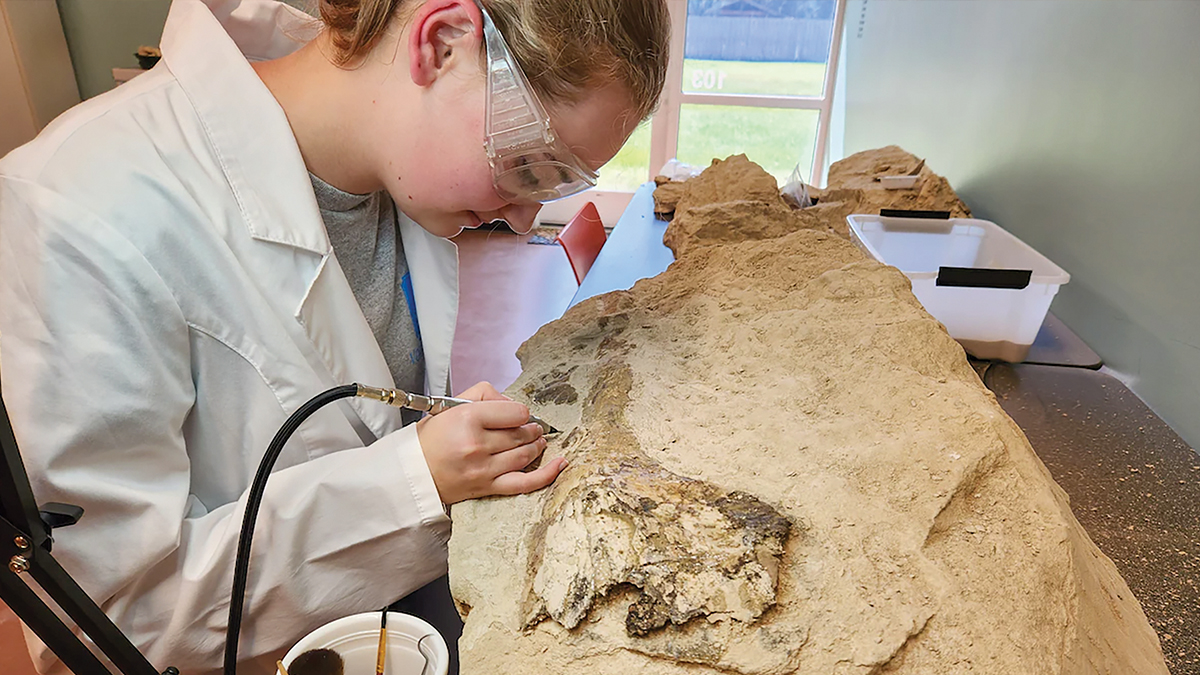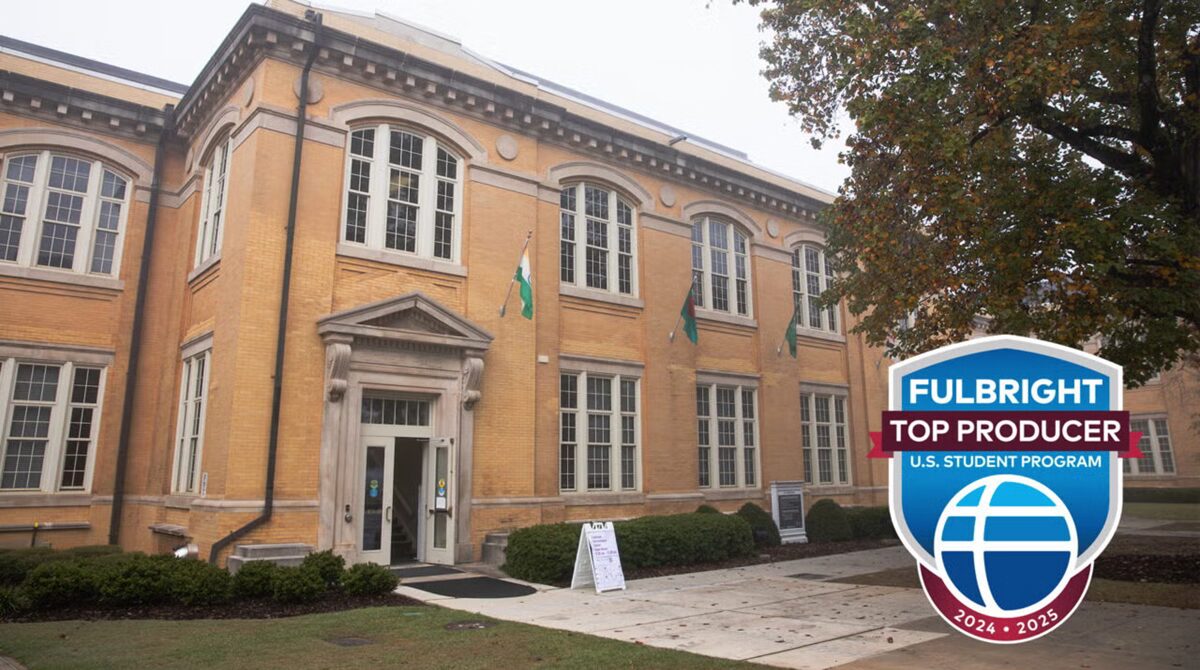Women’s History Month: Felecia Lucky leads the Black Belt Community Foundation

The Black Belt Community Foundation, led by Executive Director Felecia Lucky since 2004, is heralding 2020 U.S. Census-gathering efforts across 12 Black Belt counties, as well as Monroe and Butler counties. Lucky serves as city councilwoman for Livingston in Sumter County. She and her BBCF team were instrumental in birthing the Black Belt Community Head Start program, which serves 307 youngsters. (BBCF)
In central Alabama, land of the fertile Black Belt, the soil also seems rich with promises of fresh opportunity.

Black Belt Community Foundation Executive Director Felecia Lucky has served the organization for 16 years. (BBCF)
Thanks to Felecia Lucky and the Black Belt Community Foundation (BBCF), new endeavors are flourishing where work once centered on tending the luxuriant earth. Serving Bullock, Choctaw, Dallas, Greene, Hale, Lowndes, Macon, Marengo, Perry, Pickens, Sumter and Wilcox counties, BBCF is redirecting residents’ focus to realizing the importance of education and a healthy start in life.
“We see the great needs in the entire region,” said Lucky, BBCF executive director since 2004. “The Black Belt is the region of the state that’s most economically challenged and the least invested in – I know with certainty we are influencing and impacting the community.”
Bringing a family component to the table
The BBCF has a strong focus on education and health. Since birthing the Black Belt Community Head Start program in August 2017, Lucky and other BBCF staff members are involved daily in the initiative. The Black Belt Community Head Start program serves 307 children and is taking applications for fall 2020.
“Launching Head Start has been so meaningful to me,” said Lucky, herself a “proud product” of Head Start. “It was a victory for our foundation and our community. We had tremendous support from the Department of Human Resources and the Alabama Department of Public Health. I am extremely pleased and proud of what we’re doing.”
Children start the fully comprehensive Head Start at age 3. BBCF has several partners that help with children’s needs, providing dental and vision exams and speech assessment, for instance. When difficulties are spotted, testing allows experts to assess problems early, rather than after a child starts kindergarten or first grade. This allows children to get the help they need earlier.

U.S. Rep. Terry Sewell of Alabama, left, talks with Felecia Lucky, center, and former National Endowment for the Arts Chief Jane Chu during the 2017 NEA director tour. (BBCF)
“The beauty of the program comes through being able to provide a continuity of care,” Lucky said. “With Head Start, we can work with parents from the time their child is born through 12th grade.”
Lucky sees family well-being as integral to children’s future success.
“We work with families to help them plan for how they’ll achieve their own goals,” she said. “We have family advocates that work with parents and the child. Sometimes we encourage parents to go back to school to get a degree so they will be more financially secure.”
Another avenue in which BBCF builds stronger futures for the region’s children is by partnering with Auburn University to sponsor 60 students in career-exploration activities.
“We’re getting kids ready for the world and careers,” Lucky said. “We are able to provide experiences that show them that college is attainable for them.”
BBCF is working to address the Black Belt’s lack of broadband, particularly for students who don’t have internet access at home. Providing internet capabilities helps level the playing field for disadvantaged families.
“This is a big concern, because we’re challenged in this area,” Lucky said. “We are working to make sure we can provide Mi-Fi, or portable hotspots, to allow students to access the internet from their phones. We’ve bought Mi-Fi and sent it into our communities.”
Along with those technological and educational advances, the BBCF recognizes the importance of the arts in enhancing life for the community. For 15 years, BBCF has maintained a key regional partnership with the Alabama State Council on the Arts through the Black Belt Arts Initiative.
BBCF awards grants to dozens of nonprofits each year through its separate Community Granting program.
Birthing, building BBCF to help region’s residents
In 2004, members of the Selma Dallas County Prevention Collaborative received a $100,000 planning grant from the Ford Foundation in New York. Then-Alabama Power Governmental Affairs Vice President Julian Smith was a collaborative member. Born and raised in Dallas County, Smith was a founding board member of BBCF and wanted to see the foundation succeed.
“Our community foundation wasn’t established with a huge endowment, and we’re fortunate several groups within our region and outside have invested in us,” Lucky said. “What I admire so much about the Alabama Power Foundation was they recognized there was a need, and they made a significant contribution, as well as providing managerial support.”
Alabama Power employees such as Corporate Affairs Manager Joy Craddock, a BBCF board member, continue that support.
Born in Sumter County, Lucky has an enduring passion for the Black Belt region. She earned a bachelor’s degree in accounting at Tuskegee University and an MBA from the University of Alabama. Lucky’s experiences in “building fences of trust” during audits and serving as executive director of the Sumter County Industrial Development Authority positioned her for work at the BBCF.
“This is the hardest work I’ve ever done, but it’s also the most rewarding, because I work with people to solve issues,” Lucky said.
After 16 successful years building the BBCF and helping meet critical needs for health and education in the Black Belt region, Lucky and her team’s constant goal remains “to work together for the health and well-being of our communities.”





